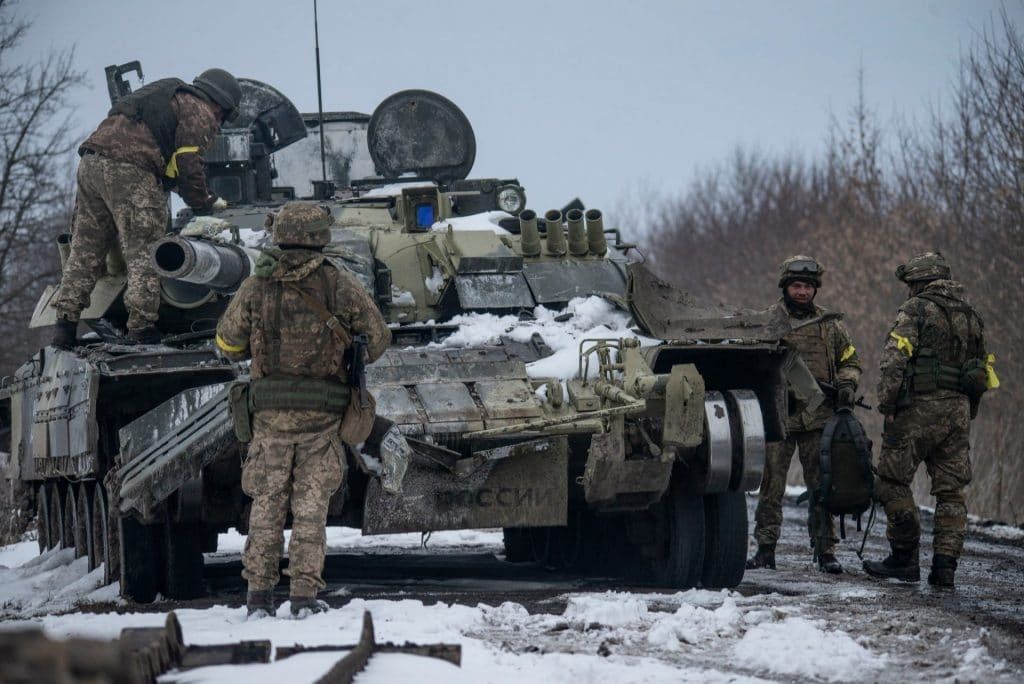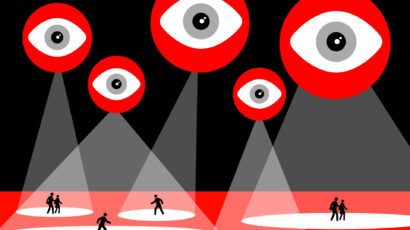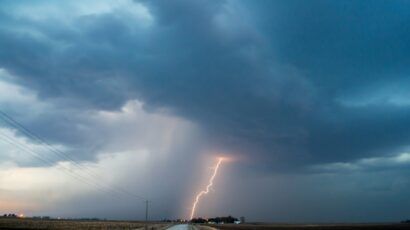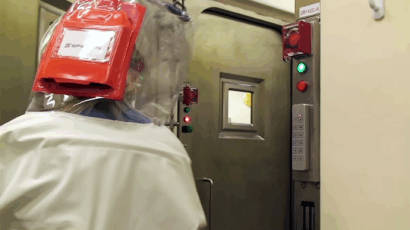Even if Putin prevails in Ukraine, he’s already lost the world
By Stephen J. Cimbala, Lawrence J. Korb | March 8, 2022
 Credit: General Staff of the Armed Forces of Ukraine official Facebook page
Credit: General Staff of the Armed Forces of Ukraine official Facebook page
When Russian President Vladimir Putin invaded Ukraine in late February, he abandoned his minimum risk strategy of keeping his opponents off balance with a mix of diplomatic and military maneuvers. Instead, he launched a large-scale, conventional air and ground attack with an apparent goal of regime change. Russia may eventually overpower the Ukrainian resistance with its sizable military and indiscriminate firepower. But whether Russia will be “victorious” remains unclear. Russia’s off ramp in Ukraine must include more imagination and subtlety than the Soviet smackdown of Czechoslovakia in 1968. Since then, the world has changed in ways unfavorable to military aggressors and ambitious autocrats.
Since 2008, Russia has modernized its military; it improved its weapons and enlisted more professional soldiers compared with the Soviet and early post-Soviet period. However, most agree that its performance so far has disappointed. No doubt Ukraine countered Russia with a stronger-than-expected resistance. But Putin underestimated Zelensky—a leader who turned out to be more like Winston Churchill than the Duke of Windsor. And, NATO, in response to Putin’s war, has never been stronger. Democracy may prevail over autocracy, but the price may be nontrivial.
Putin now finds himself in a no-win position. To achieve his original policy objectives, he must up the ante on the battlefield, which means higher levels of troop attrition, civilian casualties, and property destruction. At the same time, with respect to establishing a much-wished-for Russian global ideological dominance, he is losing the information war. His aggressive approach has led to more collateral damage and further isolation from the rest of the world. Also, many experts—and likely Putin himself—note that Russia has also “underperformed” in information warfare, including cyberwar. The United States quickly declassified its attempts to stage “false flag” operations and other cover stories for the invasion. Russia’s clumsy disinformation strategy—reminiscent of the former Soviet style of deception—is poorly suited to the post-Cold War information environment. Of course, Russia remains capable of attacking vital US and NATO infrastructure, so its cyberwar potential should not be understated.
Russia’s large conventional war against Ukraine has unified NATO more than any preceding post-Cold War event. Who would have expected Germany to ship weapons to Ukraine? Or Finland and Sweden to consider NATO membership? Of course, this may create new dangers. As Putin becomes more isolated, he may consider launching “limited” tactical nuclear weapons out of desperation. Putin also knows history well enough to understand that autocrats who lose wars or get bogged down in costly military stalemates are expendable. Either way, he has put to rest the post-Cold War vision of a war-free Europe.
Yet one unanswered critical question remains: What does China think about Putin’s war in Ukraine? Some experts think China greenlighted Putin’s war, and that may be true in principle. However, as each day of the war passes and Russia increasingly looks like an international pariah, Xi Jinping may have buyer’s remorse. China will not benefit from an alliance with an international outcast. Also, China no doubt prefers to avoid an escalation that could lead to nuclear use in Europe, given its potential for global catastrophe. China may quietly signal its escalation-by-miscalculation concerns to Russia. At the same time, Beijing may welcome an intra-European conflict as a distraction while considering its next move in the Indo-Pacific theater.
Together, we make the world safer.
The Bulletin elevates expert voices above the noise. But as an independent nonprofit organization, our operations depend on the support of readers like you. Help us continue to deliver quality journalism that holds leaders accountable. Your support of our work at any level is important. In return, we promise our coverage will be understandable, influential, vigilant, solution-oriented, and fair-minded. Together we can make a difference.
Keywords: Putin, Russia, Ukraine, nuclear risk, nuclear weapons, war
Topics: Nuclear Risk, Nuclear Weapons

















Jeffrey Sachs recommends a compromise settlement, which would include Ukraine declaring neutrality. Though such a settlement would preclude Ukraine from joining NATO, which is what Putin wanted in the first place, it’s worth considering. It seems to me Putin would not accept a compromise cease-fire that doesn’t include personal immunity for him from war crimes charges. Another can of worms that must be pondered.